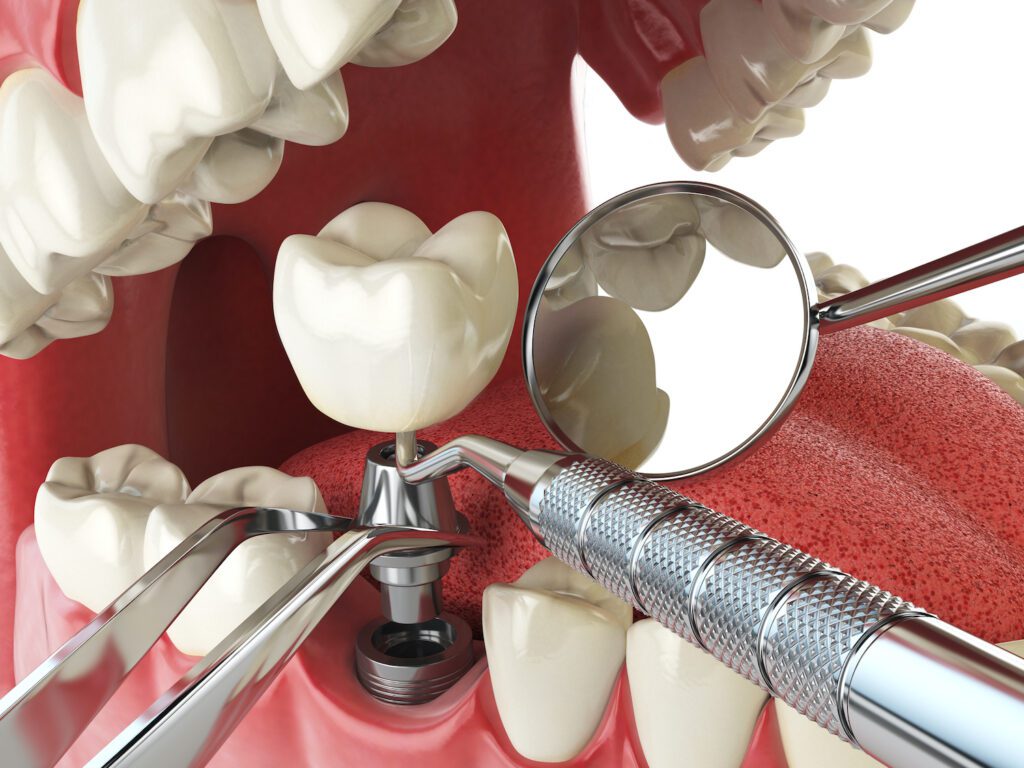Missing teeth can have disastrous consequences on your oral health. Even one lost tooth can lead to teeth shifting, jaw disorders, and facial sagging. Many dentists recommend dental implants in Glyndon, MD, to help with jaw support and bite strength. However, implants may not be available for every patient. Before beginning treatment, your dentist will need to examine your mouth and assess your oral health. If there are any causes for concern, they may recommend pretreatment or alternate treatment options.

Qualifications for Dental Implants in Glyndon, MD
When getting a dental implant, it’s important that you have good oral health. Healthy gums and a strong jaw are crucial to help support the implant and improve successful integration chances. The dental implant post is surgically placed into your jawbone. If you have a loss of bone density or gum disease, then you could experience pain and discomfort. And in worse cases, the implant may fail, leading to further complications. Having a healthy base to start is key for successful implant dentistry.
Healthy Gums
Gum disease is one of the leading problems behind failed implants. When the gums are weak or receded, then there may not be enough stability to support the implant post during integration. This can lead to a loosening of the implant, which can cause pain, discomfort, and damage. The implant may become so affected that it even falls out. If you do have gum disease, your dentist may recommend periodontal therapy prior to getting an implant. This can often help increase the chances of successful integration.
Strong Bone Density
When you lose a tooth, it’s natural to lose a bit of bone density in your jaw as a result. However, the longer that tooth is missing, the more bone density you could lose. Bone density loss makes it harder for the implant post to fully integrate into your jaw. This can also lead to pain, discomfort, or the loss of the implant. In many cases, successful bone grafting could help you improve your chances of qualifying for implant dentistry.
Non-Smoking
Smoking is a major determinant of whether or not you qualify for implants. If you smoke, your overall oral health is already at risk. This increased risk can affect how well your implant heals and integrates into your jaw. Not only that, but the sucking motion of smoking can often cause the implant site to loosen, often leading to a failed integration. It’s recommended that patients quit smoking as soon as possible before their surgery date. This can help smooth the process along after the implant is placed.
At Baltimore Dental Co, we may be able to provide implant dentistry to help restore your bite and smile after tooth loss. Call us today at 410.220.4680 to schedule a consultation and see if implant dentistry may be right for you.
